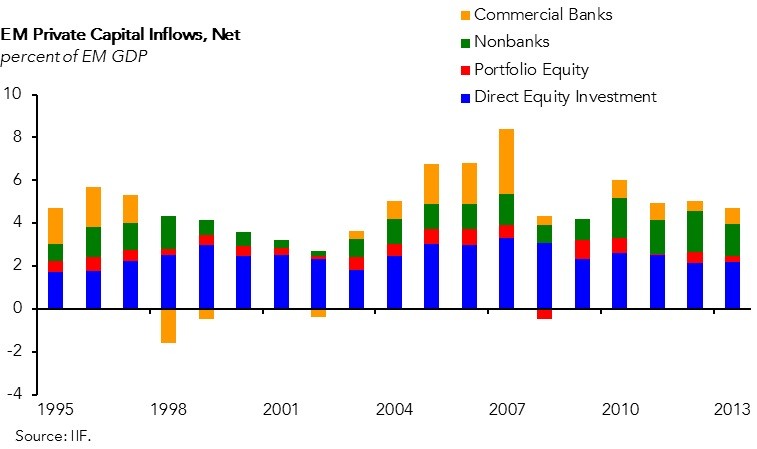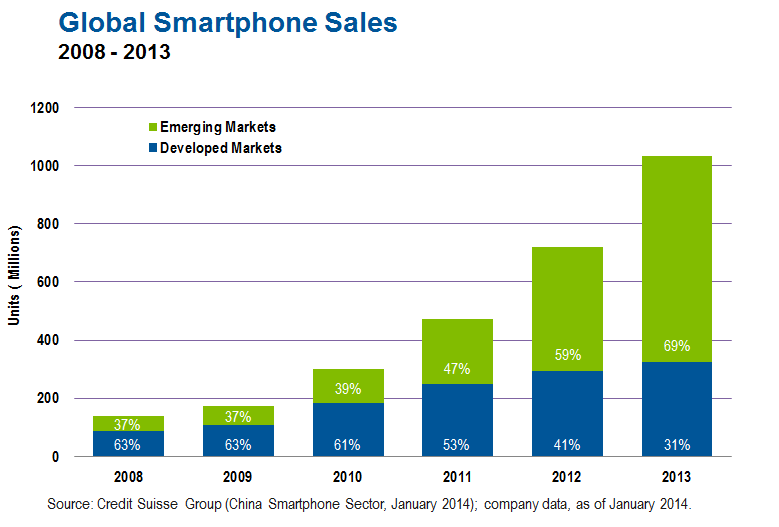Emerging markets investments benefits and risks
Post on: 21 Август, 2015 No Comment

Emerging markets 101
- Emerging market investments offer the potential for rewarding returns.
- But, the political and economic risks in these areas are also significant.
- Determining what role emerging markets can play in your retirement planning may depend on your tolerance for risk.
Emerging markets can offer an investment opportunity for growth and diversity in your retirement portfolio. But, there are big risks. Heres what you need to know.
Emerging market investments defined
The phrase emerging markets was coined by economists in the early 1980s to define investing in developing countries. Although the term is widespread, there is no one agreed upon definition.
Marc Zabicki, Ameriprise Financial Senior Market Strategist offers these clarifications:
- Most experts agree the term emerging market investments refers to countries or regions undergoing fast economic growth.
- A formula using a countrys gross domestic product (GDP) and per capita income is often used to determine if a country is an emerging market.
- The BRIC countries Brazil, Russia, India and China are examples of developing economies with explosive growth in the past decade.
- Some emerging markets such as South Korea have a large number of consumers and a wealthy economy.
- Others such as areas of Southeast Asia, the Middle East and Africa are still in the early stages of developing a strong economy and stable environment.

Advantages of investing in emerging markets
- Growth. The biggest advantage of emerging market investments is the potential for high growth, says Zabicki.
- Diversification. International investments can be a good diversifier for your investment portfolio because economic downturns in one country or region, including the U.S. can be offset by growth in another.
Risks of emerging market investments
Experts often categorize emerging market risk in three ways:
- Political risk. Emerging markets may have unstable, even volatile, governments. Political unrest can cause serious consequences to the economy and investors.
- Economic risk. These markets may often suffer from insufficient labor and raw materials, high inflation or deflation, unregulated markets and unsound monetary policies. All of these factors can present challenges to investors.
- Currency risk. The value of emerging market currencies compared to the dollar can be extremely volatile. Any investment gains can be potentially lessened if a currency is devalued or drops significantly.
The role of emerging markets in retirement planning
Your tolerance for risk and how your current investment portfolio is allocated can be important factors in deciding if emerging markets should be part of your retirement planning. Speak with your Ameriprise financial advisor for help determining if emerging market investments are right for you.
This information is being provided only as a general source of information and is not intended to be used as a primary basis for investment decisions, nor should it be construed as advice designed to meet the particular needs of an individual investor.
Diversification does not assure a profit and does not protect against loss in declining markets.
Investment products, including shares of mutual funds, are not federally or FDIC-insured, are not deposits or obligations of, or guaranteed by any financial institution and involve investment risks including possible loss of principal and fluctuation in value.
International investing involves increased risk and volatility due to potential political and economic instability, currency fluctuations, and differences in financial reporting and accounting standards and oversight. Risks are particularly significant in emerging markets.
Ameriprise Financial Services, Inc. Member FINRA and SIPC.














